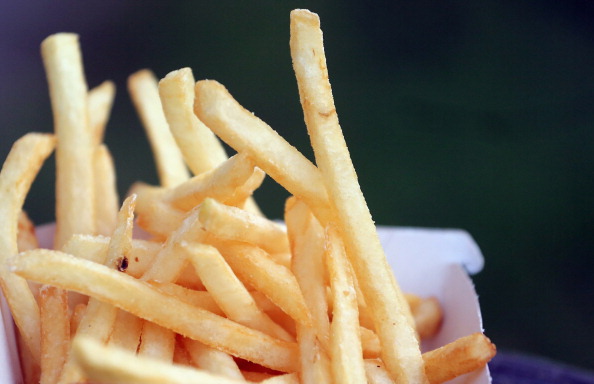
A new study has found that complementing a high fat diet with additional salt has caused weight loss among mice. The study, which seemed to defy conventional and traditional dietary notion, showed that adding high salt to high fat diets actually prevents weight gain in mice.
Researchers from the University of Iowa were surprised on the findings of their study which was published in the journal Scientific Reports. According to one of the authors, previous recommendations have reiterated on lowering the intake of salt. However, it could have unexpected health consequences.
"People focus on how much fat or sugar is in the food they eat, but in our experiments, something that has nothing to do with caloric content - sodium - has an even bigger effect on weight gain," says co-senior author Justin Grobe, an assistant professor of pharmacology at the University of Iowa Carver College of Medicine.
The researchers started the study with their hypothesis that fat and salt could increase food consumption and eventually, promote weight gain, reports Science Blog. In the laboratory, they fed groups of mice with various diets: normal chow or high-fat chow with different levels of salt.
They were surprised that the mice with a high-fat diet and lowest level of salt gained the most weight. In fact, they gained about 15 grams in 16 weeks while those who have a high-fat diet with high salt intake had low weight gain which is almost the same with the chow-fed mice.
Prof. Grobe added, "We found out that our 'french fry' hypothesis was perfectly wrong."
Meanwhile, Medical News Today reports that even though the study might suggest that even if their study could eventually help prevent weight gain, it could also lead to health conditions like increased risk for cardiovascular disease.
